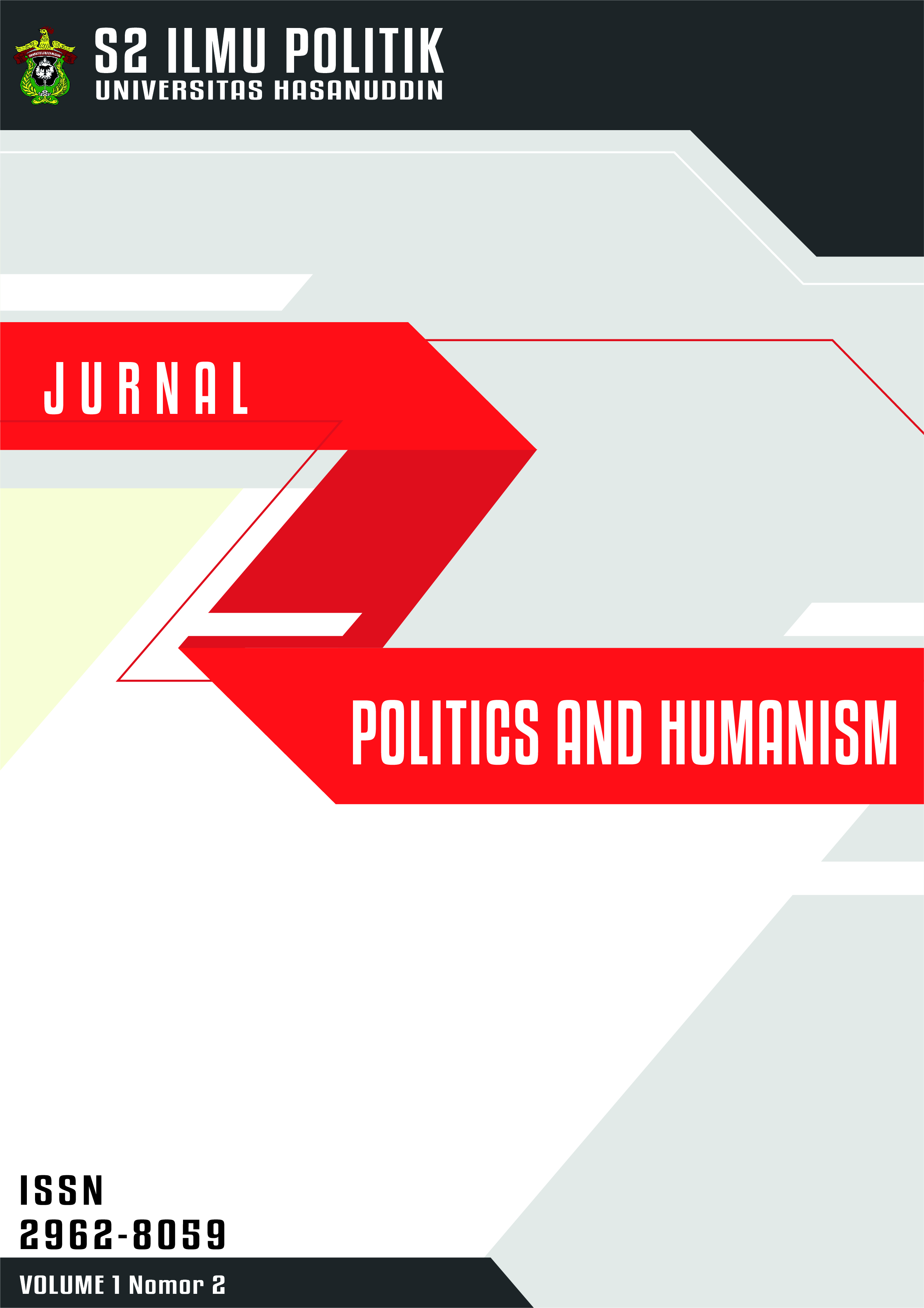Collective Action in Employment Relationships: An Analysis of Cooperative Culture
DOI:
https://doi.org/10.31947/jph.v1i2.23711Keywords:
Utusan Melayu, Railwaymen Union Malaya, Sabah Banking Employee Union, Trade Union, Strike, Strike, Picket, Collective Bargaining, CooperationAbstract
Collective action is one of the important elements in an employment relationship. The main feature of the action is that it involves cooperation between various community groups to achieve an objective. Among the main actions are collective bargaining and enterprise actions such as strikes and pickets. The element of cooperation shown by employees and employers is a form of exchange of spirit and resembles the culture of mutual cooperation among people in Southeast Asia. Based on these objectives, analysis will be done on the strike launched by the Utusan Malaysia trade union, picketing by the Malayan Railway Workers' Union (RUM) and Collective Bargaining by the Sabah Bank Workers' Union (SBEU). The results of the study show that there is a practice of mutual cooperation in collective actions carried out by workers, especially in increasing solidarity among members. In relation to that, the values of cohesion and unity can be increased which in turn has an impact on the survival of trade unions
Downloads
Published
Issue
Section
License
Copyright (c) 2022 Politics and Humanism

This work is licensed under a Creative Commons Attribution 4.0 International License.



